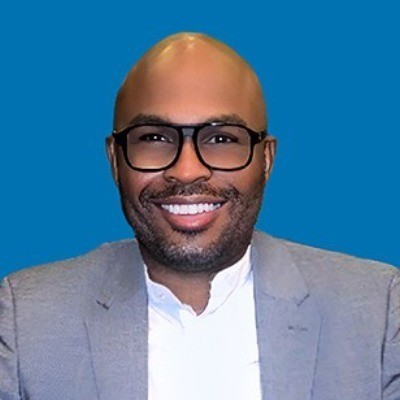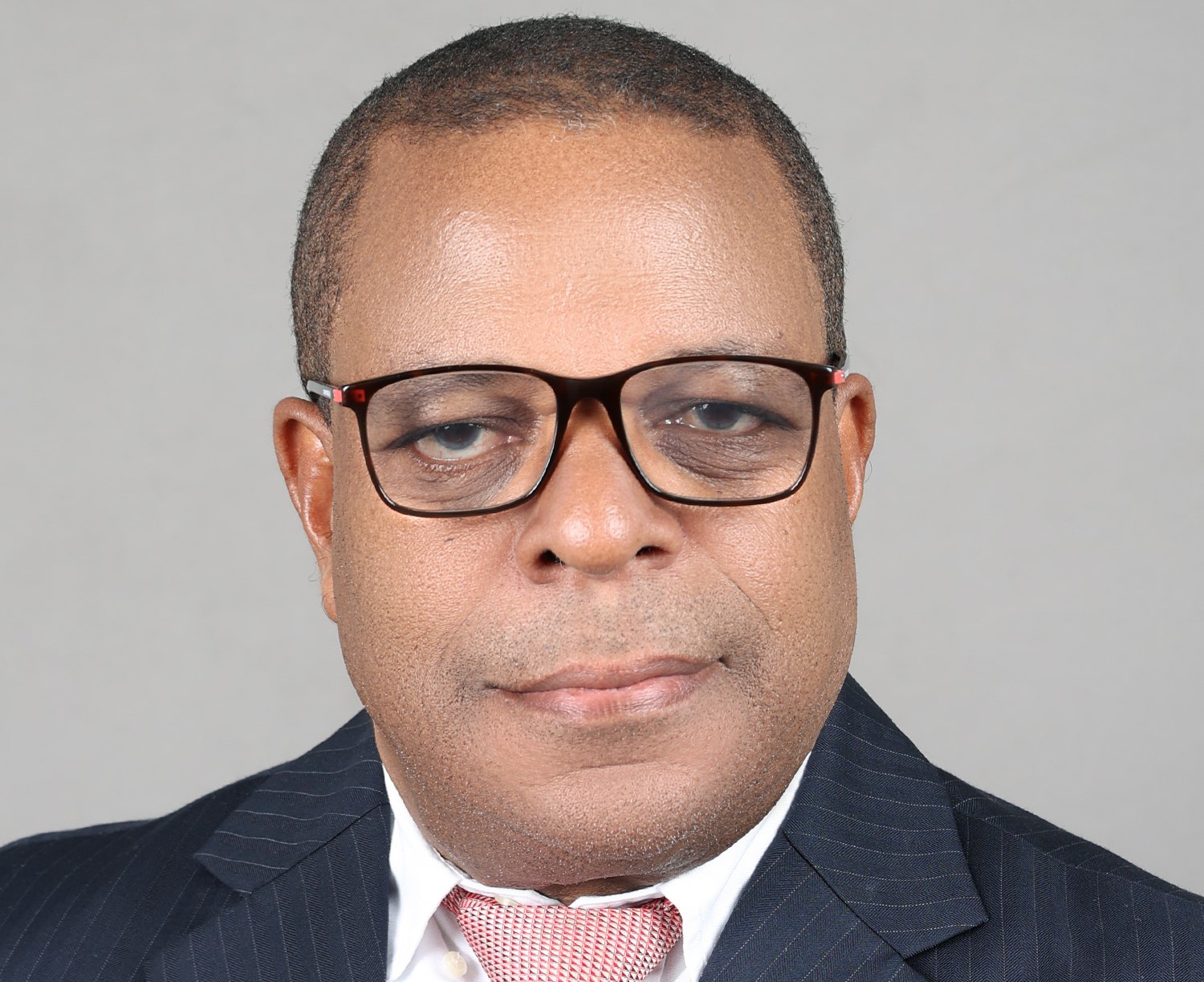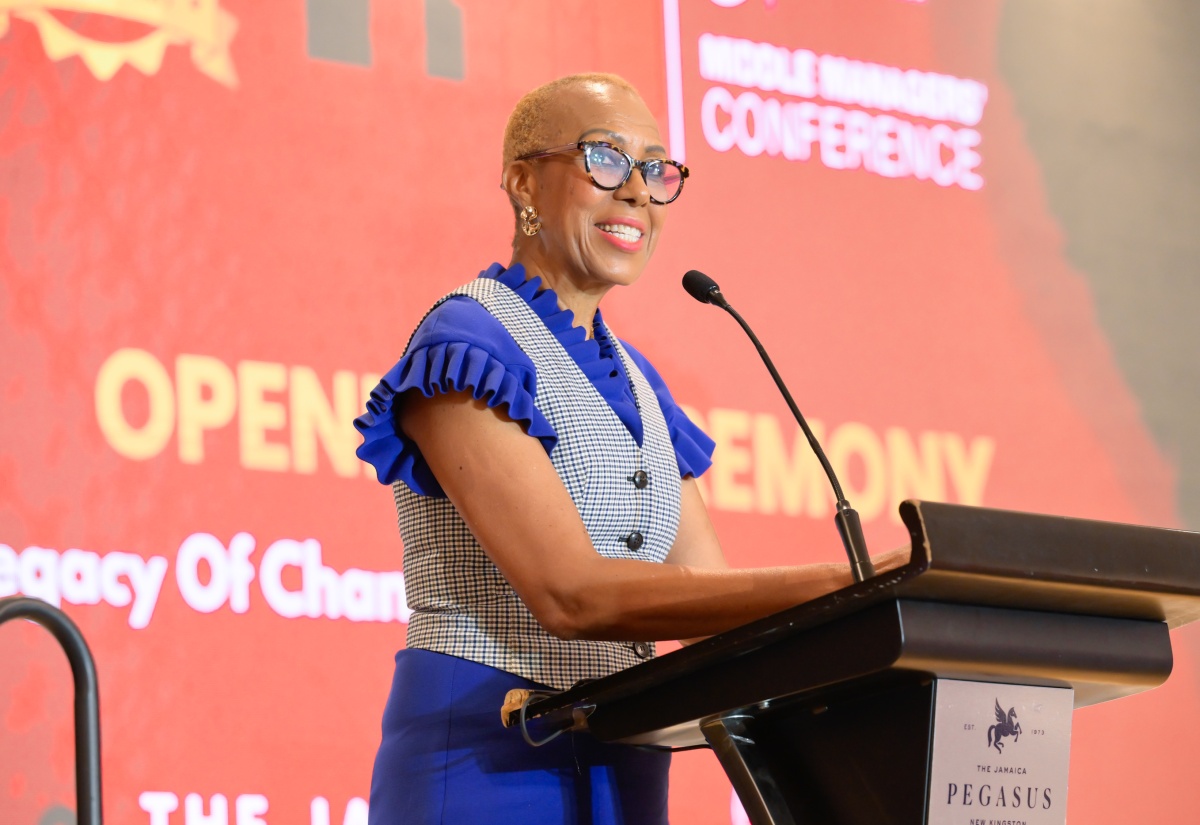America Movil, the biggest cell phone operator in Latin America, announced it was in a deal to buy Jamaican cell phone company Oceanic Digital (Miphone). The billion dollar question now is why would a company with over 137 million subscribers in 16 countries buy a company with just over 200,000 subscribers and very little prospects of taking market leadership away from Digicel or for that matter Cable and Wireless?
America Movil, AMX is the leading provider of wireless mobile services in Latin America and operates in 16 countries in the Americas. As of June 30, 2007, it had 137.2 million wireless subscribers and 3.8 million fixed wire lines and is owned by one of the world’s richest men, Carlos Slim. Oceanic, which also operates in El Salvador and the Dominican Republic, is reported to have slightly more than 200,000 customers in Jamaica.
According to the company website Oceanic Digital Jamaica Limited (ODJ) is a wholly owned subsidiary of Oceanic Digital Communications (ODC) which is a New York based telecommunications company. ODJ uses the MiPhone brand name as their public trading name and in all customer and media communications.
The Company’s trading name is MiPhone. The corporate motto is “Saves You Money Everyday”, which speaks directly to MiPhone’s commitment to providing the best mobile telecommunications products and services at the lowest cost to suit the people of Jamaica’s personal and business needs.
AMX, hoping to conclude the deal in the fourth quarter of this year, providing Jamaican regulators approved it did not say how much it would pay for the company although figures of US$75M have been quoted in local media reports.
Carlos Slim is however facing stiff and growing competition in his home market. America Movil according to international media reports is in a battle with Spain’s Telefonica for dominance of Latin America’s cellular phone markets, one of the world’s fastest growing. This is also a market that Denis O’Brien, founder and owner of Digicel has been eyeing and recently moved into with the recent acquisition of Digicel Holdings Limited in 2006 with operations in El Salvador and Guatemala.
It’s interesting to note that Digicel Holding Limited (DHL) actually existed long before Denis O’Brien decided to set up and name his company Digicel and begin operations in the Caribbean. It is said that this was pointed out to him only after the company and brand name was developed and registered. There are conspirator theorists who believe that he was aware of the existence of the company and brand name and were eyeing it for acquisition and a point of entry into this market. The truth of this will probably never be known, but you have to admit that it makes for interesting reading.
Digicel Holdings Limited (DHL) operates a GSM mobile business in El Salvador and also has a mobile license in Guatemala and currently employees 160 people through its Salvadoran subsidiary.
The acquisition of DHL announced O’Brien into the Central American mobile market expanding Digicel existing Pan Caribbean GSM network, and increasing its coverage to a population of more than 22 million people. Digicel has made over US$ 1.2 billion in investments in the region so far.
El Salvador has one of the most open telecommunications markets in Central America following the privatisation and liberalisation of the sector in 1998. Mobile penetration is currently over 42% and the sector continues to enjoy growth, with mobile subscribers overtaking fixed lines in 2002.
Digicel, which currently has a subscriber base of more than four million users and operations in 22 countries, has made no secret of its plans to extend its performance in the Caribbean to Central and Latin America. And so with an investment of more than 150 million US dollars in a modern GSM network and with coverage of nearly 100% of the national territory, Digicel – armed with a new slogan “FIRST YOU ARE”, entered the Central and Latin America market appearing like a company totally renewed, with a strong emphasis on service. This apparently got Carlos Slims attention.
In the area telecommunications, Digicel brought to the El Salvadorian market the latest technology available to improve the coverage substantially. “We are installing GSM GPRS/EDGE equiptment, that will allow us to offer new and innovative services and, mainly, an efficient network of cover. The advantages of this technology are: quality of the signal, better reception, access to Internet and access to services multimedia, among others”, announced the Digicel Salvadorian company President
Global Gamesmanship in action
Carlos Slim is not taking Denis actions lightly and has decided to enter Digicel prized home ground in an apparent counter move.
Only five years after Oceanic Digital bought out Centennial Communications’ stake, which gave it full control of the local mobile company, the New York-based telecommunications firm finalised a deal to sell the telecom to Carlos Silm’s America Movil (AMX). The sale makes it the second time shares in the Miphone operation has changed hands, since it started operations in 2001.
In an attempt to secure an answer to the billion dollar question “why would a company with over 137 million subscribers in 16 countries buy a company with just over 200,000 subscribers? Businessuite spoke to Aldo, President of AMK Communications and a Brand Strategist to get a perspective on the possible branding implications. This was his take on the matter.
“Firstly we have to understand that AMX has over 137 million subscribers compared to Digicel 4M of which 1.8 is in Jamaica. Miphone has about 200,000.Essentially MiPhone is really a non-issue for AMX, so you really have to ask yourself why they would purchase the company. What strategic benefit would MiPhone have to AMX?
Secondly AMX uses the GSM platform in Latin America and I therefore expect them adopt one of two strategies – either drop the CDMA platform and convert to GSM along with Cable and Wireless and of course Digicel. So from a technology, product service delivery all three will be on the same level. This will shift the competitive platform to price and service delivery. OR retain the existing CDMA platform and continue with the existing service delivery.
Now depending on which strategy they adopt, branding will now come into play. I would hazard a guess that AMX will either change the branding from Miphone to the AMX brand used in Latin America allowing for a seem less branding platform across the western Hemisphere OR retain MiPhone as a fighter brand in Jamaica. Both these options of course have their own strategic implications. Based on my reading of the possible game plan the fighter brand strategy is the more likely move.
Thirdly and this is where it all comes together in what I believe is the strategic master plan. Jamaica is Digicel main market with 1.8 million subscribers out of 4 million and for which it will and must defend at all costs.
Latin America one of the world’s fastest growing markets is a major market block for AMX, which is already in a battle for market share with Spain’s Telefonica for dominance of Latin America’s cellular phone markets.
I believe that Carlos and AMX seeing what Denis and Digicel has done to Cable and Wireless in the Caribbean recognises that he cannot afford to battle Digicel in the Latin American market along with Telefonica, so what does he do, he goes into Digicel main market and shifts the battle field from Latin America to Jamaica and the Caribbean. He then says to Denis where are you going to put your resources and fight now, in your home market or in an expansion market?
“AMX with immense resources and market dominance in Latin America can afford to compete at a loss in the Caribbean by driving prices down and forcing Digicel to compete like it has never done before.”
AMX with the acquisition of MiPhone forces Digicel to redeploy resources from Latin America to Jamaica and the Caribbean to defend market share. AMX with immense resources and market dominance in Latin America can afford to compete at a loss in the Caribbean by driving prices down and forcing Digicel to compete like it has never done before. This may be a major challenge for Digicel as from my understanding they have never sought to compete on price, they may have to rethink this strategy. AMX will strategically and deliberately loose money in the Caribbean, as it’s much cheaper than losing and recovering market share in Latin America. This hopefully for Carlos will keep Digicel busy for many years to come.
That is the strategic and principle benefit of the MiPhone purchase, to keep Digicel busy and focused in the Caribbean and away from the Central and South America market”
But how does this grand battle plan reconcile with the recent press announcement from Craig McBurnett, CEO of Oceanic Digital Jamaica Limited. McBurnett is reported to have said “ We believe the purchase of the company by American Movil will enable MiPhone to continue as the leader in innovative telecommunication services on the island and to move forward with its strategy to provide the most technologically advanced array of telecommunications services and products to our customers,” We again posed this question to Brand Strategist, Aldo.
“Firstly you would not expect Craig to say anything else, what I have just outlined from the limited information I have is essentiality the first phase of the AMX grand master plan to take on Digicel and Cable and Wireless in the Caribbean, you don’t announce this to the competitor. If you look at the statement you will see that the reference to “innovative telecommunication services” and “the most technologically advanced array of telecommunications services and products” on the current CDMA platform is not in line with aggressive deployment of GSM used by AMX. So for me, from a strategic brand and market perspective I don’t buy that as the reason for the acquisition unless the fighter brand strategy is to be executed. You know the more I think about it the more I’m convinced that this is the plan.”
If the above scenario does play out then we should see a major shift in the telecommunication landscape in the Caribbean. One thing is very clear however; the introduction of aggressive competition from Digicel into the Caribbean against Cable and Wireless brought with it a windfall of benefits to consumers on numerous fronts. It would seem that with AMX now entering the market consumers should look forward to another round of benefits.
Next week how does Cable and Wireless fit into this and how will the introduction of new CEO Phillip Green change things?
What is Strategic Interdependence?
Authors, Ian C. MacMillan, Alexander B. Van Putten and Rita Gunther McGrath in their book Global Gamesmanship indicates that competition among multinationals these days is likely to be a three-dimensional game of global chess: The moves an organization makes in one market are designed to achieve goals in another in ways that aren’t immediately apparent to its rivals. The authors–all management professors–call this approach “competing under strategic interdependence,” or CSI. And where this interdependence exists, the complexity of the situation can quickly overwhelm ordinary analysis. Indeed, most business strategists are terrible at anticipating the consequences of interdependent choices, and they’re even worse at using interdependency to their advantage.
In their book, the authors offer a process for mapping the competitive landscape and anticipating how your company’s moves in one market can influence its competitive interactions in others. They outline the six types of CSI campaigns–onslaughts, contests, guerrilla campaigns, feints, gambits, and harvesting–available to any multi-product or multi-market corporation that wants to compete skillfully.
Using data they collected from their studies of consumer-products companies Procter & Gamble and Unilever, the authors describe how to create CSI tables and bubble charts that present a graphical look at the competitive landscape and that may uncover previously hidden opportunities. Smaller organizations that compete with a portfolio of products in just one national or regional market may find the CSI mapping process just as useful for planning their next business moves.
Source – Forbes Magazine, internet and published company information


 Businessuite News242 weeks ago
Businessuite News242 weeks ago
 Businessuite News241 week ago
Businessuite News241 week ago
 Businessuite Women5 days ago
Businessuite Women5 days ago
 Businessuite News24 International2 weeks ago
Businessuite News24 International2 weeks ago
 Corporate Feature2 weeks ago
Corporate Feature2 weeks ago
 Businessuite Markets2 weeks ago
Businessuite Markets2 weeks ago
 Business Insights6 days ago
Business Insights6 days ago
 Businessuite Women3 weeks ago
Businessuite Women3 weeks ago

 When Mr. Tyrone Wilson, Chairman, President, and CEO of Kintyre Holdings (JA) Limited, stepped into the additional role of Chief Executive Officer at Visual Vibe—alongside his existing portfolio—industry observers took note. His move, following the resignation of Chief Investment Officer Andrew Wildish, now consolidates strategic, operational, and governance control under one leader across the two connected companies.
When Mr. Tyrone Wilson, Chairman, President, and CEO of Kintyre Holdings (JA) Limited, stepped into the additional role of Chief Executive Officer at Visual Vibe—alongside his existing portfolio—industry observers took note. His move, following the resignation of Chief Investment Officer Andrew Wildish, now consolidates strategic, operational, and governance control under one leader across the two connected companies.
 1. Time Becomes Your Most Valuable Currency
1. Time Becomes Your Most Valuable Currency









